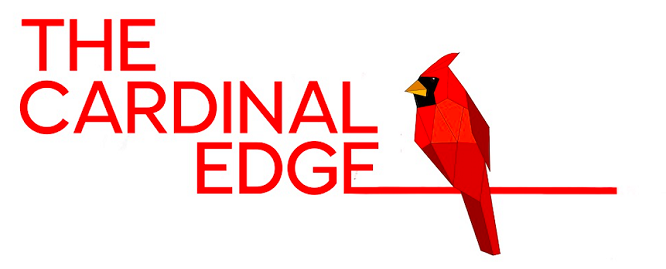
Program/Event
Arts and Research Showcase 2023
Abstract
Introduction: Preschool-aged children experience anxiety and mood-related emotions (e.g., irritability, fears) and behaviors (e.g., tantrums) that are developmentally normative, but can overlap with psychopathology, making assessment challenging (Bufferd et al.,2016). Most children see pediatric medical providers annually, and providers can evaluate them. However, providers face challenges like limited training and time (Bean et al.,2000;Heneghan et al.,2008). Accurate and early identification of emotional and behavioral difficulties is critical to support young children’s mental health and prevent worsening problems.
Methods: Participants included N=22 pediatricians who see 3-5-year-old children in their practice. Pediatricians completed an online survey about their experiences assessing young children’s anxiety and mood.
Results: A one-way ANOVA showed no significant differences between years of mental health training received during medical school (F(2,18)=1.62,p=.226) or after medical school (F(2,18)=.097,p=.908) and the likelihood of providers starting discussions with caregivers about children’s anxiety and mood. Pediatricians’ training during medical school was negatively associated with the number of years since receiving degree (r=-.54,p<.01). Pediatricians reported that parents/caregivers ask about their children’s mood-related behavior more often than anxiety or other difficulties.
Discussion: We found that mental health training did not impact whether pediatricians initiated conversations about children’s mental health with caregivers. Although pediatricians report some mental health training, other factors such as assertiveness, time, and interest may affect their ability to have these discussions. Future research should investigate how mental health discussions between providers and families can be refined, especially about common problems like children’s mood, through further insight from caregivers, mental health practitioners, and teachers.
Recommended Citation
Venkataramanan, Vaibhavi; Isaac, Akira B.S.; and Bufferd, Sara Ph.D.
(2023)
"Pediatric Providers’ Experiences Assessing Young Children’s Emotions and Behaviors,"
The Cardinal Edge: Vol. 1:
Iss.
4, Article 9.
Available at:
https://ir.library.louisville.edu/tce/vol1/iss4/9
